How To Start With Karate Integrated Framework Step By Step Guide
4.9 out of 5 based on 11247 votesLast updated on 11th Feb 2025 20.6K Views
- Bookmark

Learn how to start with the Karate Integrated Framework step by step. Set up, write tests, and automate APIs efficiently.

The Karate Framework is an open-source tool designed for API testing, allowing testers to write tests in a BDD (Behavior-Driven Development) format using Gherkin syntax. Unlike traditional API testing tools, Karate combines API automation, performance testing, and UI testing into a single framework. This guide provides a technical breakdown of how to get started with Karate, covering setup, test execution, and integrations. For professionals looking to master API automation, enrolling in a Karate API Online Course ensures hands-on experience with real-world API testing scenarios.
Why Choose Karate for API Testing?
The Karate Framework is a powerful, open-source tool designed for API automation, performance testing, and UI testing. It simplifies API testing with Gherkin syntax, built-in assertions, and seamless integrations.
Advantages of Karate Framework
- No Coding Required – Uses Gherkin syntax, making tests easy to read and write.
- Built-in Assertions – Eliminates the need for external assertion libraries.
- Parallel Execution – Runs tests efficiently across multiple threads.
- Supports API and UI Testing – Unlike Postman, Karate supports both API and UI automation.
- Seamless CI/CD Integration – Works with Jenkins, GitHub Actions, and GitLab CI/CD.
- Supports GraphQL, SOAP, and REST APIs – Making it a versatile API automation tool.
- Data-Driven Testing – Uses CSV, JSON, and Excel for test data management.
- Performance Testing Support – Through integration with Karate-Gatling.
For professionals seeking advanced software testing training, an ISTQB Course Online provides certification and a deeper understanding of test management, automation, and defect tracking.
Setting Up Karate Framework
1. Prerequisites
Ensure the following are installed:
Component | Version Recommended |
Java | 8+ |
Maven/Gradle | Latest |
IDE | IntelliJ IDEA / VS Code |
Karate JAR | Latest Stable Release |
2. Install Karate Framework Using Maven
Add the following dependency to your pom.xml:
<dependency>
<groupId>com.intuit.karate</groupId>
<artifactId>karate-junit5</artifactId>
<version>1.2.0</version>
<scope>test</scope>
</dependency>
3. Create a Basic API Test
Write a sample test in test.feature:
Feature: Sample API Test
Scenario: Verify API response
Given url 'https://jsonplaceholder.typicode.com/posts/1'
When method GET
Then status 200
And match response.title == 'sunt aut facere repellat'
Explanation
- Sends a GET request to the API endpoint.
- Verifies that the response status is 200 OK.
- Asserts that the title in the response matches the expected value.
4. Execute the Test
Run the following Maven command:
mvn test -Dkarate.options="--tags @api"
Karate automatically generates a detailed HTML report with test results. To gain practical expertise, professionals can join a Software Testing Course Online, which covers Karate, Postman, REST-assured, and CI/CD integrations.
Integrating Karate with Other Tools
The Karate Framework is a powerful API testing tool that supports seamless integrations with various technologies to enhance automation workflows. While Karate is primarily used for API testing, it can be extended to UI automation, test management, and performance testing through integrations with tools like Playwright, Jira, and CI/CD pipelines.
These integrations help teams streamline testing, improve efficiency, and ensure better traceability in software development projects.
1. Karate with Playwright for UI Automation
Although Karate is primarily designed for API automation, it also includes UI testing capabilities. However, for complex UI interactions, testers often use Playwright, a robust end-to-end testing framework for modern web applications.
By integrating Karate with Playwright (C# or JavaScript), teams can execute both API and UI tests in a unified framework, leading to faster and more reliable end-to-end testing.
How to Integrate Karate with Playwright?
Step 1: Install Playwright in Your Project
For a JavaScript-based Playwright project, install Playwright using npm:
npm install --save-dev playwright
For Playwright with C#, install the Playwright NuGet package:
dotnet add package Microsoft.Playwright
Step 2: Create a Karate Test Script
Feature: API and UI Integration
Scenario: Validate API and UI together
Given url 'https://api.example.com/login'
When method POST
Then status 200
And def token = response.token
* print 'API Response Token:', token
Step 3: Execute UI Tests Using Playwright
Using Playwright, launch a browser instance and perform UI interactions:
const { chromium } = require('playwright');
(async () => {
const browser = await chromium.launch();
const page = await browser.newPage();
await page.goto('https://example.com/login');
await page.fill('#username', 'testuser');
await page.fill('#password', 'password123');
await page.click('#login');
await page.waitForSelector('#dashboard');
console.log('Login Successful');
await browser.close();
})();
By integrating Karate with Playwright with C#, teams can streamline API and UI automation in a single workflow.
2. Using Karate with Jira for Test Management
Test management is crucial in software development, and many organizations use Jira to track test cases, execution status, and bug reports. Integrating Karate with Jira enables teams to:
- Automatically log API test results in Jira.
- Link test cases with Jira tickets for better traceability.
- Generate detailed reports and dashboards for test execution.
How to Integrate Karate with Jira?
Step 1: Configure Jira API for Automated Logging
To enable Karate to log API test results to Jira, generate a Jira API token, and use it to authenticate requests.
Scenario: Log API test results to Jira
Given url 'https://your-jira-instance.atlassian.net/rest/api/3/issue'
And header Authorization = 'Basic encoded_credentials'
And header Content-Type = 'application/json'
And request { "fields": { "project": { "key": "TEST" }, "summary": "API Test Failed", "description": "Test Failure Details", "issuetype": { "name": "Bug" } } }
When method POST
Then status 201
Step 2: Configure Karate to Send Test Reports to Jira
Teams can integrate Karate with Jenkins, GitHub Actions, or GitLab CI/CD to automatically push test results to Jira, improving test tracking efficiency.
For professionals looking to master Jira test management, enrolling in a Jira Course provides hands-on training in integrating Karate with Jira, enabling efficient defect tracking, automated reporting, and improved agile workflow management.
Also Read This:
Introduction to Karate Framework
List Of Software Testing Tools
Reverse Engineering In Software Engineering
Software Testing Strategies in Software Engineering
Training in Noida: API Testing
Noida has emerged as a major IT hub in India, with a growing demand for API automation testing professionals. Many software companies in Noida focus on automation testing, making it an ideal location for individuals looking to build a career in API testing.
Professionals seeking to enhance their skills in API automation can benefit from a specialized API Testing Course that provides hands-on experience with leading tools such as:
- Karate Framework – API test automation using BDD, Karate API Certification for hands-on learning,
- Postman – Manual and automated API testing.
- REST Assured – Java-based API testing for REST services.
- SoapUI – API testing for SOAP-based web services.
Advantages of Training in Noida
- Industry-Relevant Curriculum – Covers real-world API testing scenarios.
- Hands-on Experience – Practical training is a key aspect of API Testing Online Course and classroom training programs in Noida.
By enrolling in an API Testing Course in Noida, professionals can gain practical exposure to Karate, Postman, and REST-assured, improving their job prospects in the automation testing industry.
API Test Execution Data
Related Courses:
Playwright Automation with Javascript Course
Automation Software Testing Course
Conclusion
The Karate Framework is a powerful and versatile tool for API testing, offering built-in automation capabilities and seamless integration with modern testing tools. By leveraging Karate’s ability to execute API, UI, and performance tests within a single framework, testers can streamline API validation processes and improve test coverage.
Subscribe For Free Demo
Free Demo for Corporate & Online Trainings.
Your email address will not be published. Required fields are marked *

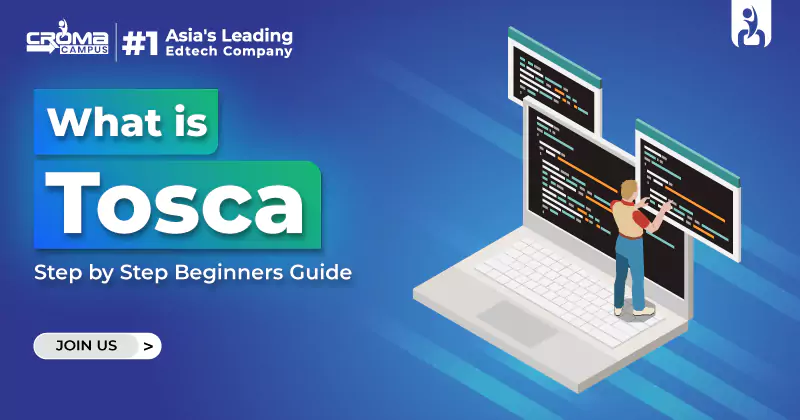
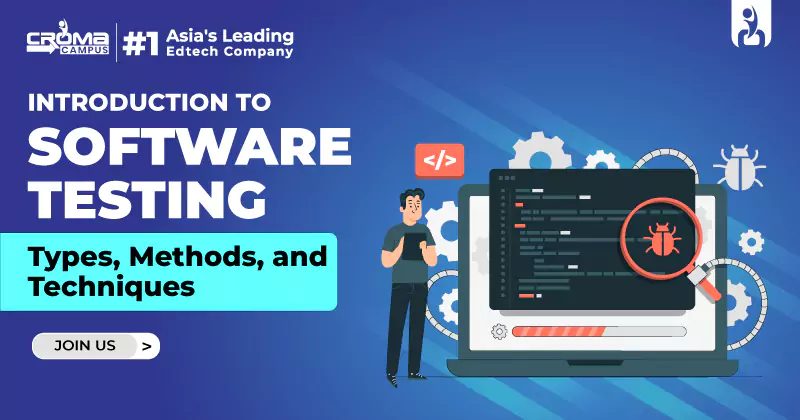


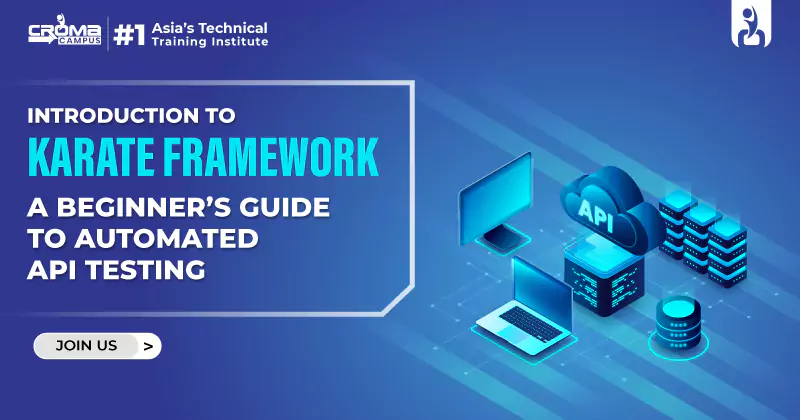

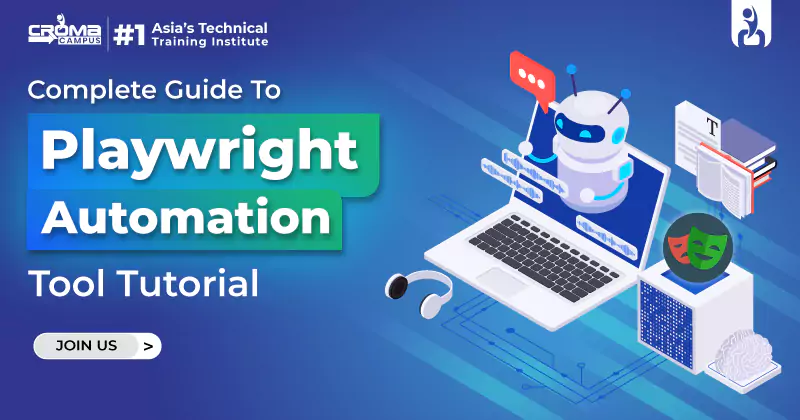
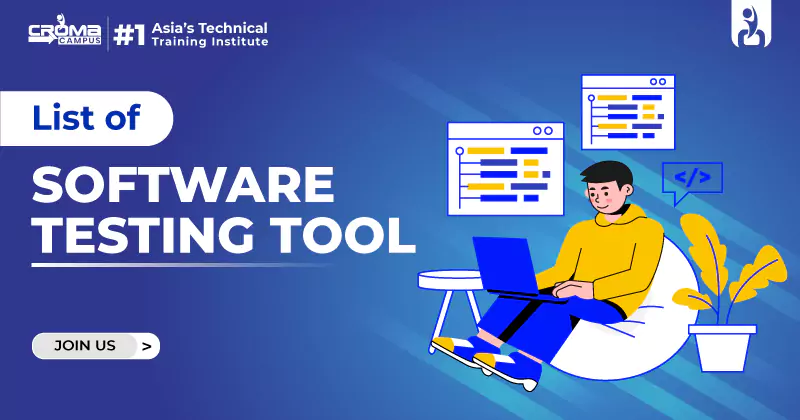

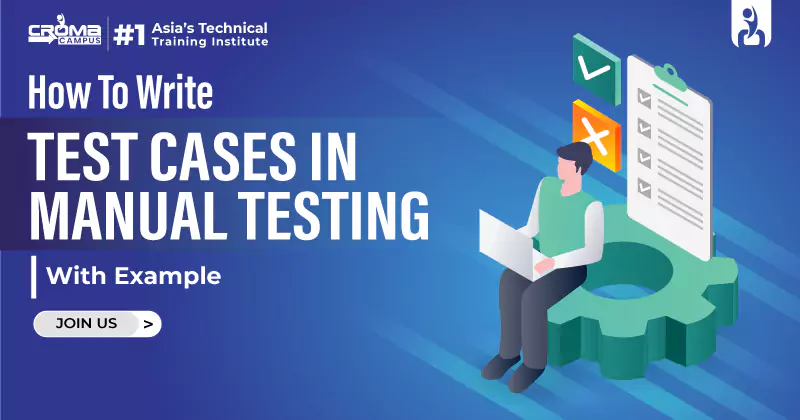
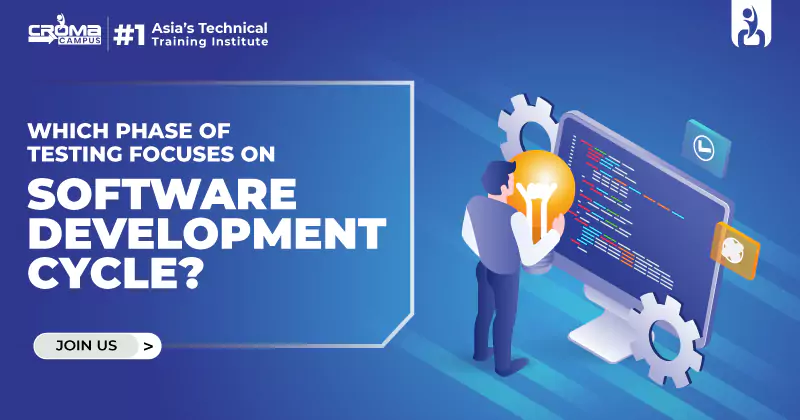










 Master in Cloud Computing Training
Master in Cloud Computing Training